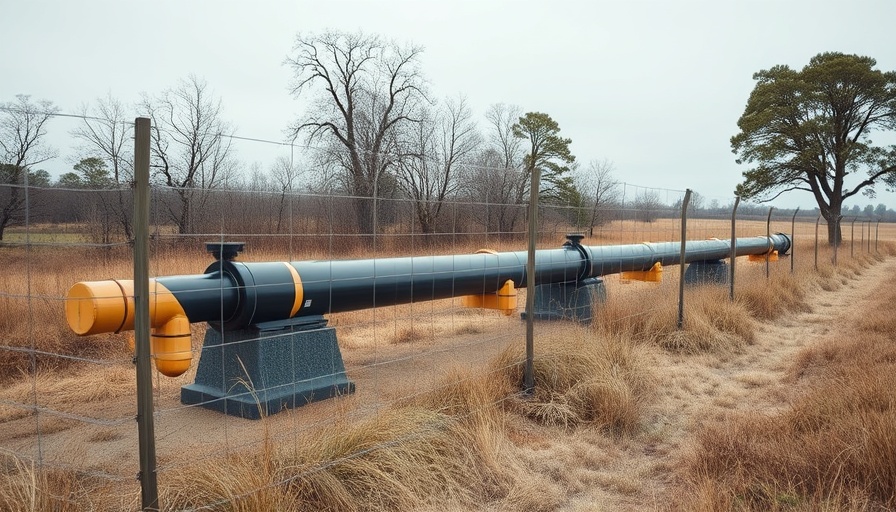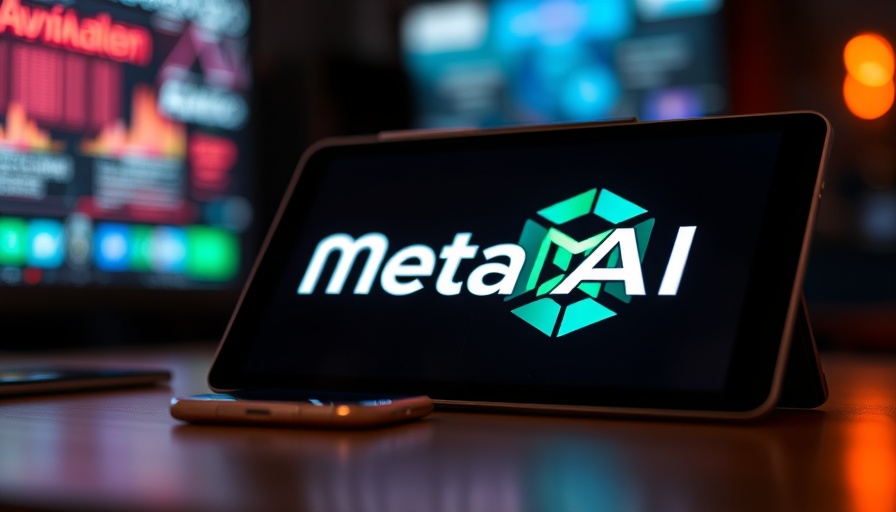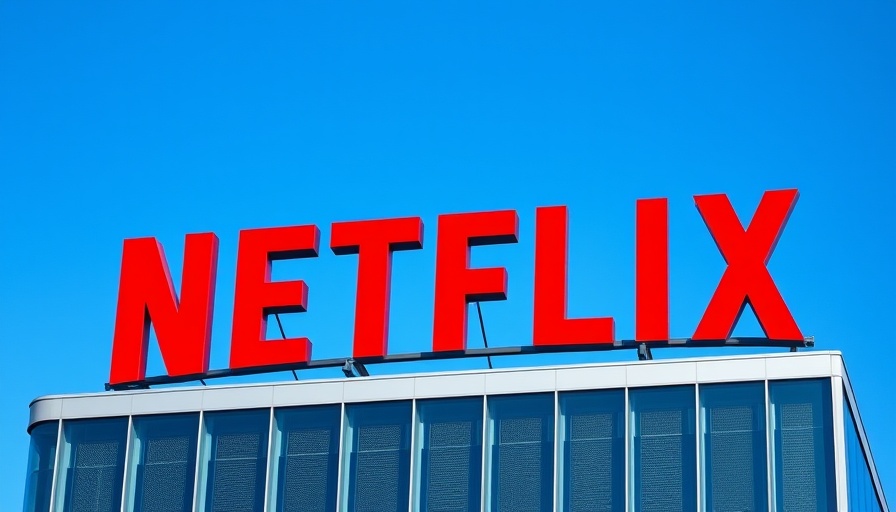
Microsoft Ramps Up Carbon Removal Efforts amid Growing Emissions
In a world increasingly aware of climate change, Microsoft's recent decision to acquire carbon removal credits from Vaulted Deep highlights the urgency tech giants face in addressing their environmental impact. The company has seen a significant rise in its carbon emissions—nearly a 25% increase since 2020—contradicting its commitment to becoming carbon negative by 2030. As they expand data centers, their carbon footprint expands as well.
Understanding Vaulted Deep's Unique Approach
Unlike traditional fossil fuel companies, Vaulted Deep employs innovative methods to combat climate change. The startup uses waste materials like treated sewage and manure, turning them into a slurry that is injected into deep, porous rocks—storage that mimics geological formations. This technique effectively captures and sequesters carbon dioxide underground. Since its inception, Vaulted Deep has successfully eliminated over 18,000 metric tons of carbon dioxide.
Microsoft's Journey to Carbon Neutrality
The struggle to reconcile operational growth with sustainability is a tale many industries are experiencing. Microsoft, despite aggressive investments in renewable energy, still relies on materials that produce greenhouse gas emissions. In 2022, the company generated around 14.9 million metric tons of greenhouse gas emissions. This marked a stark contrast to their ultimate goal of hitting negative emissions by the decade's end. Efforts like this recent deal are crucial for their long-term environmental plans.
The Growing Market for Carbon Credits
As more companies recognize their environmental responsibilities, the market for carbon credits is witnessing soaring demand. Microsoft’s massive purchase of 4.9 million metric tons of carbon credits from Vaulted Deep will extend through 2038, making it a substantial investment in their sustainability strategy. This type of transaction embodies a larger trend in the tech industry, where firms are aggressively pursuing carbon offsetting to meet public and regulatory expectations.
Business and Environmental Impact
This move not only supports environmental initiatives but may also provide a financial buffer for Microsoft against potential future regulations regarding carbon emissions. With countries globally tightening climates laws, companies face political and social pressures to cut their emissions. Microsoft's strategy could serve as a business model for others navigating these waters, drawing attention from other technology and energy sectors.
Future Predictions: What Lies Ahead?
The trajectory of climate tech investment looks promising. As the focus on sustainability becomes interwoven with corporate strategies, more startups, like Vaulted Deep, are likely to emerge, presenting innovative solutions to combat carbon emissions. This surge in investment could not only tackle climate change but also induce economic growth by creating new jobs and attracting talented professionals to the sustainability sector.
Embracing Change: What Consumers Can Do
While corporations hold much responsibility, consumers also play a crucial role in combating climate change. Supporting companies with strong sustainability initiatives, advocating for policies that limit greenhouse gas emissions, and reducing personal waste can all contribute to a healthier planet. Purchasing products from businesses focused on carbon neutrality is one way to drive change from the ground up.
Conclusion
Microsoft's partnership with Vaulted Deep and other carbon removal initiatives underscores a pivotal moment in the tech industry’s approach to sustainability. As these efforts come to fruition, they could reshape the narrative surrounding corporate responsibility and climate change. With continued focus and innovation, the collaboration between technology firms and environmental startups can lead to significant strides toward a sustainable future.
 Add Row
Add Row  Add
Add 



Write A Comment